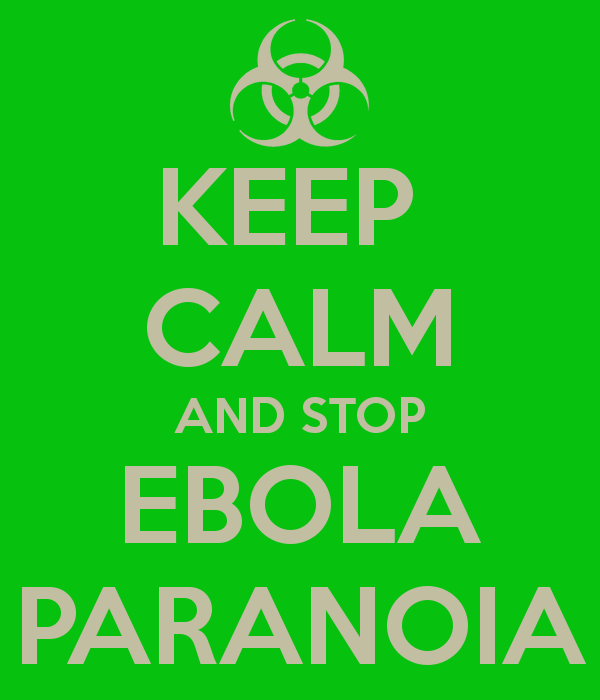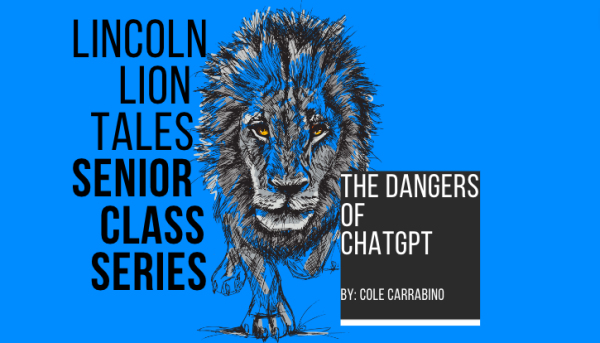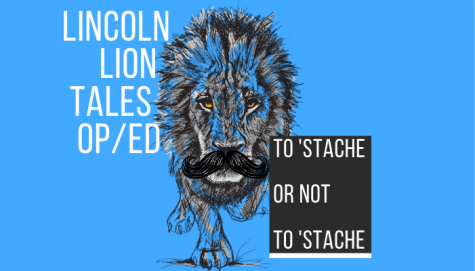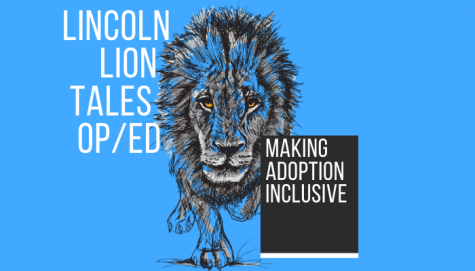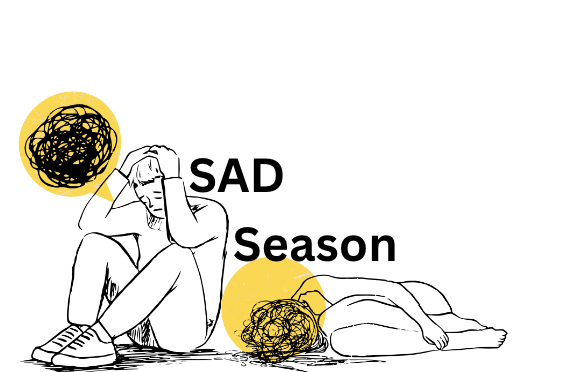Ebola Paranoia: What is The Real Threat?
Ebola is everywhere in the news these days. After the recent incident of an infected doctor in New York, the fear that Ebola could spread in America grows.
Because of the recent events in the Big Apple, the government of New York and New Jersey decided to introduce stricter rules for visitors. People who arrive from areas where the virus is present must measure their temperature twice a day for 21 days after their arrival, to ensure that they are not infected.
In addition, people who were in contact with the infected in Liberia, such as family, are supposed to stay under quarantine in their houses in the US.
One thinks that these are good actions that are taken in order to prevent a worldwide spread of Ebola, right?
If you look at it with that perspective, it might be, but the problem is that the people in New York are becoming afraid of people who appear to be from Africa, even though some have never been there. This leads to a form of discrimination and paranoia, causing people to avoid contact with dark skinned people without any specific reason.
Paranoia is nothing new. There are several books, plays, and pieces of art that deal with paranoia, and which were created during the Cold War between the US and the USSR. One of the most successful ones is “The Crucible,” written by the American author Arthur Miller in 1953. In his book, Miller describes how the fear of witchcraft drives a whole town nuts, leading to executions and imprisonment of several innocent people and a government that is out of control and abusing its power. One could ask itself now, what is the relation between the current Ebola outbreak and the witch hunt described in Miller’s book that takes place at the end of the 17th century?
There is a link between these two events. In both of these stories, people are judged by what people believe them to be. For example, in Miller´s play, people are accused of witchcraft by others just because they do not like them or want to get rid of them.
Even though the government of New York does not want to get rid of people who are infected, they do wish to quarantine them for a specific period of time.
Oretha Bestman-Yates, president of the Staten Island Liberian Community Association, was ordered by her boss to test herself if she is infected with Ebola, before she can return to her workplace. The reason for that was, that she visited Liberia earlier this summer to see her family there.
But things are getting even worse. Before the doctor, who is now under a special treatment in a New York hospital, knew he was infected, he traveled around in the city by taxi. He rode the bus. He bowled. Several newspapers, like the New York Times, are doing their best to fan the flames of paranoia. With articles like “Could you get infected with Ebola, if you touch a bowling ball?” the public is slowly creeping towards hysteria over the Ebola “threat.”
It seems like the government and media are helping to cause a public panic rather than to prevent one. The only question that is left is what will happen next? While in Miller’s book everybody accused of witchcraft gets hanged, it is up to the government of New York to take the next steps, in order to not let a dramatic end happen to this drama.

Till Kleinert is a foreign exchange student from Schwelm, Germany. He is a junior and will be attending Lincoln High all year long. He is currently living...


